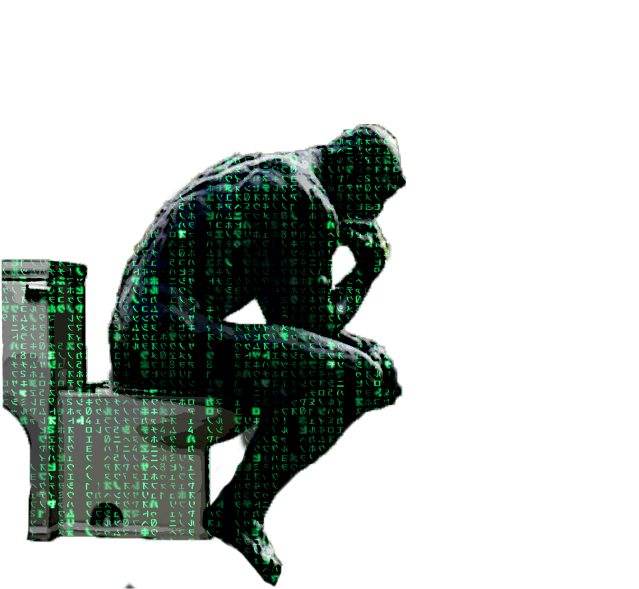The summer between elementary and middle school, I invested an unhealthy amount of time playing The Sims on my computer. Throughout this time, I created virtual families who lived their virtual lives in a completely virtual world.
Because of this, I became obsessed with the idea that I too was being controlled by a greater being, constantly wondering if what I was doing was my own free will or part of a master digital plan.
As it turns out, my pre-teen imagination was not too far off from what physicists are now questioning about our universe. The idea that we live in a digital simulation is being taken seriously by a number of academics.
Physicists are trying to test this theory by finding technical glitches in the universe’s operating system. Led by John D. Barrow, a professor of mathematical sciences at Cambridge University, a number of scientists have put forward a test for this hypothesis. They plan to test the distribution of cosmic rays coming to Earth from far-off galaxies. If space is continuous, as it is thought to be, then rays should come from every direction equally. However, if we live in a simulation, then space would be more like a grid.
Moreover, considering the technological advances of the past century, it is not inconceivable to think that life is a digital simulation. Silas Beane, a nuclear physicist at the University of Washington, stated that within this century, scientists might be able to put humans into simulation boxes. For all we know, our lives could be a much larger version of The Truman Show for an alien audience.
But not everyone is in agreement with this theory. In 2001, a quantum-mechanical engineer from MIT, Seth Lloyd, calculated the resources needed for a computer to create a universe-sized simulation. He eventually concluded that this simulation would require more energy than the universe has, which, in his opinion, proves that the idea is impossible.
More to that point, the idea that humanity is actually a digital simulation is troubling for a number of reasons.
Our legal and systems are based on self-determination—that people have intentions to commit crimes and should then be punished. What if there is no free will? What if we discover that our actions have been decided for us? What does that mean for law, crime, and punishment?
What would happen to humanity if we found out that we had no say in what happens in our lives? In a society that is so built upon individualism, this knowledge could completely shatter our notions of self and devastate our entire society.
With this in mind, is it even worth knowing if we are living in a digital reality?
Unfortunately, medical professionals recommended that I no longer play The Sims. Maybe I was getting too close to the truth.





